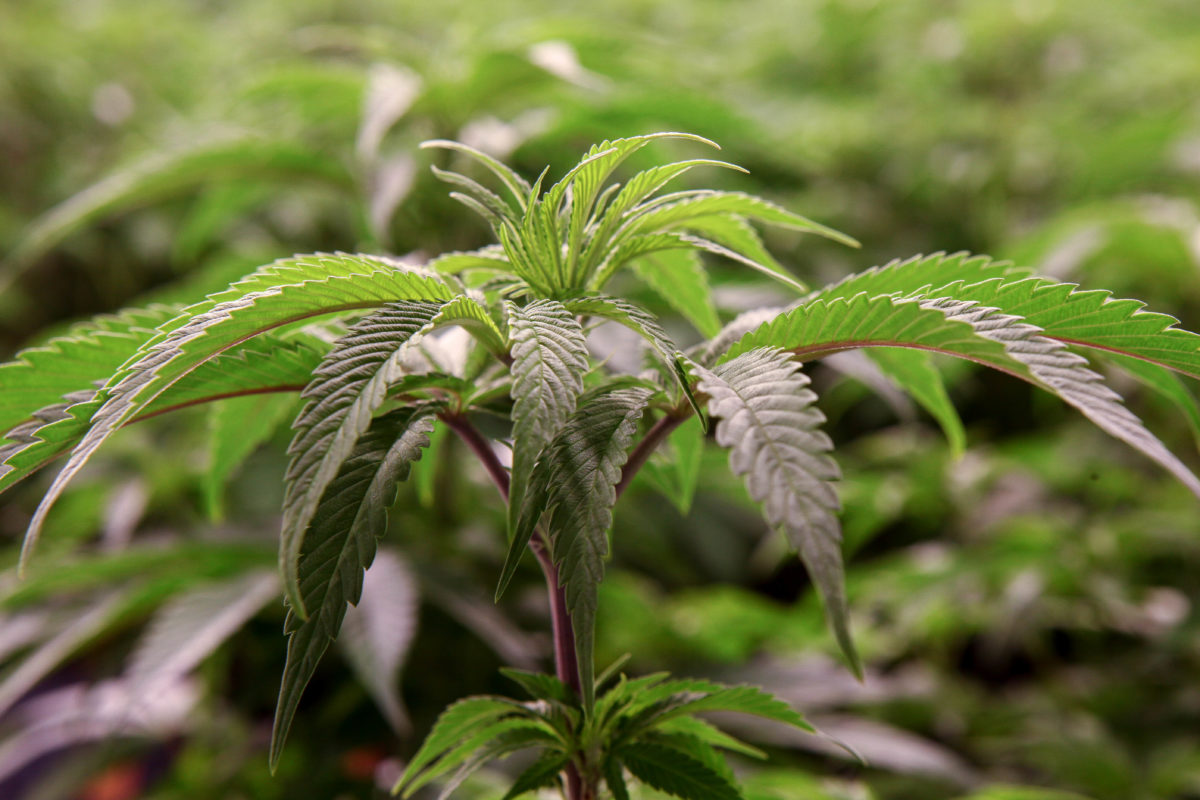In February 2017, soon after states like neighboring Massachusetts and Vermont had legalized recreational marijuana, New York Gov. Andrew Cuomo reiterated his opposition to such a move, calling it a “gateway drug.”
“As of this date, I am unconvinced on recreational marijuana,” he said. “If you choose to use marijuana recreationally, you know the law.”
Less than two years later, he completely changed his mind and said, “Let’s legalize the adult use of recreational marijuana once and for all.” And in the last five months, it has been his most vocal objective in the newly Democratic-controlled state Legislature.
The great haste by the Cuomo administration and members of the Legislature to fast-track recreational pot has been obnoxiously abhorrent. Cuomo said in April 2018 that a study on the issue would be completed by that fall. Days later, his primary opponent, Cynthia Nixon, called for marijuana legalization and the administration suddenly said the study would come out “within days.” It came out in July.
In pure Cuomo-esque fashion, the governor wanted a deal on legalization by this year’s state budget deadline, which was April 1. It was clear by the beginning of March that little progress had been made on the details and that a bill looked unlikely. Yet even mere days before the deadline, lawmakers were trying to make it happen. Rushing an incredibly complex issue is no effective way to govern.
Now there’s a new deadline. Some remain hopeful that legislation legalizing the drug will pass before the legislative session ends in late June.
It would be nice if those in Albany actually thought about why this effort has stalled continuously. It’s because most reasonable people believe something that impacts so many societal pools like law, business, public safety and personal health — as well as something that the federal government still deems illegal — should be dealt with great care, time and consideration. There is no need to rush this.
It’s not as if New York isn’t already on a path to inevitable legalization. A January Quinnipiac poll found that 65 percent of state residents support legal possession for adults and 59 percent support the sale of it in their community. And in the state-by-state maneuver of its legalization, a blue state like New York is sure to follow suit at some point.
But we shouldn’t make it happen just for the sake of making it happen. The state should study the potential impacts legalization has had on states who already blazed this trail.
In Colorado, which legalized in 2012, the number of drivers involved in fatal crashes who tested positive for marijuana has more than doubled between 2013 and 2016, according to federal and state data. However, it’s difficult to definitively link that statistic to legalization, among the reasons being that marijuana can stay in the body system for weeks after use.
Indeed, there’s a lot that science has not been able to tell us about marijuana since recent health research on cannabis has been repeatedly stonewalled. So we still don’t know about the substance’s real impact on everything from driving impairment to the learning development of teenagers.
There’s also the fact that many sheriffs across New York have made clear that they oppose legalization. It would be wise for lawmakers to bring them in for hearings to directly hear their concerns and possibly shape the best kind of legislation around that.
The big argument for legalization is the expectation that taxing its sale will generate incredible revenue for the state. But just like we were promised that legalization of gambling and building upstate casinos would be cash cows, many are suspecting that any revenue from marijuana sales would drastically dwarf the state’s expectations.
In Massachusetts, the state predicted it would bring in $63 million in taxes from marijuana by June 1. As of early March, they had less than $6 million. In other states, it’s the same story.
In California, which has had legal regulated suppliers of cannabis since the beginning of 2018, it’s the black market that still rules supreme. It has been estimated that the black market will account for 80 percent of that state’s sales of marijuana this year. In Massachusetts, it’s expected to be 75 percent. So not only is the promised revenue not coming in, but the illegal dealers that legalization is supposed to put out of business are still doing well.
Gov. Cuomo and other lawmakers seem all too ready to invest marijuana revenue on subways, schools and police forces. But they’re almost already spending the money before they know what the paycheck will be.
It’s not like New York is on the frontier in this endeavor. We have all these states that legalized marijuana years ago but are still struggling to iron out the details that come with it. It would be idiotic to also jump into this and expect to avoid the same exact problems.
So let’s take the slow road. Craft legislation to avoid the mistakes other states have made. Hold hearings and make sure public input is included in this very sensitive topic. Make New York a model for other states who want to legalize. We have the opportunity to do this right. That should always be the preferred option over doing it quickly.
Luke Parsnow is a digital content producer at Spectrum News CNY and an award-winning columnist at The Syracuse New Times in Syracuse, New York. You can follow his blog “Things That Matter” online and follow his updates on Twitter.















